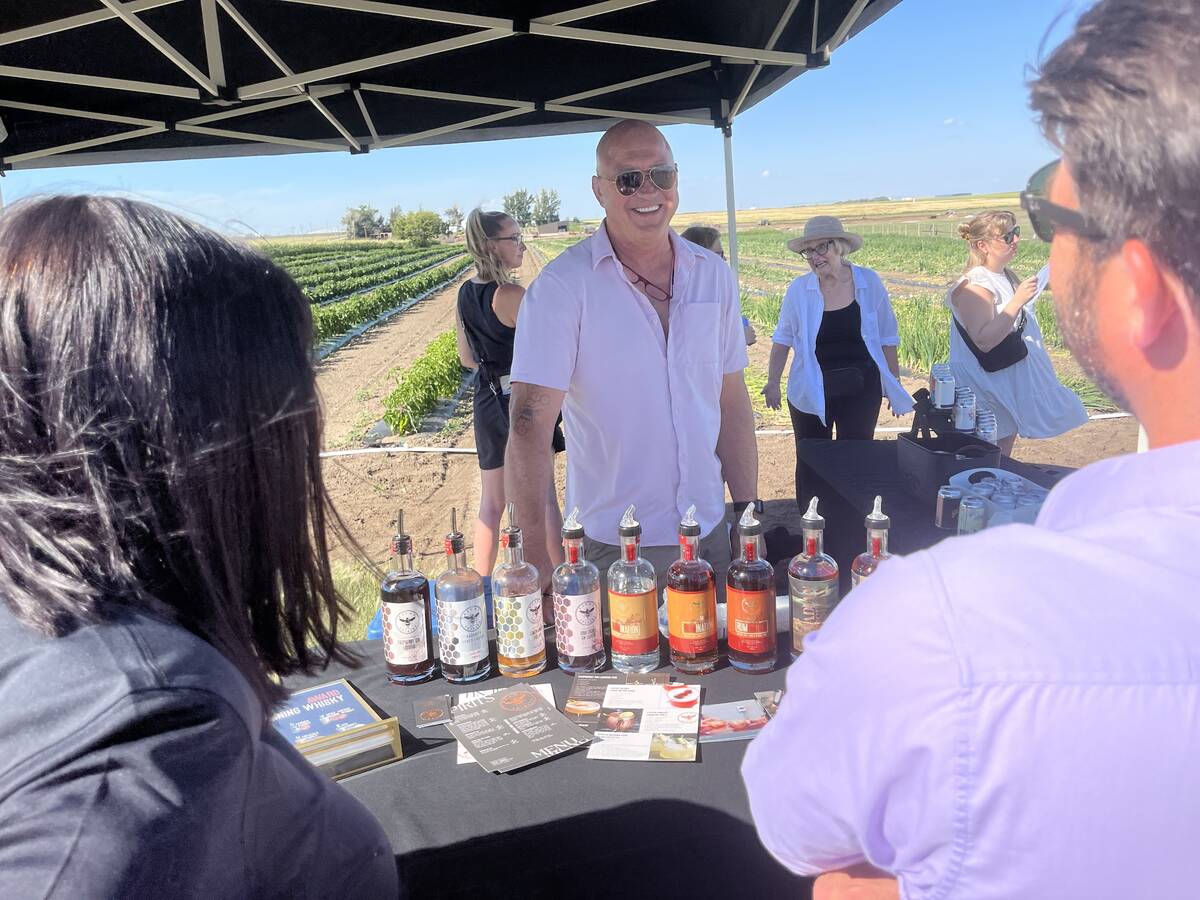Q: My son is 14 and always bugging me about wanting to drive vehicles and machinery around the farm. He is impatient about waiting until he gets to be 16 and can take driver education through his school. He wants me to teach him how to drive the car on our property. I feel nervous about this. How do I handle his bugging me?
A: Whether it is driving a car or truck on a highway or driving machinery on the farm, every person needs to learn the right way. Driver education and driver exams exist for a purpose.
Read Also

From farmer to award-winning distiller
Pivot Spirits showcases transition from farmer to distiller with provincial award-winning results in Alberta for Lars Hirch
Machinery and cars are more complicated and faster nowadays, so proper training and supervision are crucial for the safety of drivers, their passengers and others on the road.
About 50 years ago, my mother-in-law drove in from her farm to Star City, Sask. She filled out an application form and was immediately given her driver’s licence. Although many youth would like it if this could happen today, public safety requires everyone to get training and practice in handling vehicles and machinery. The amount of traffic and higher speed limits mean people have to know how to operate a vehicle and how to handle emergencies.
It is one thing to learn how a piece of machinery operates. Handling it safely is another.
I think young people are involved in more accidents because of their impatience. A distraction of just a couple of seconds can easily send a speeding car out of control.
Some people speed and also try to pass when it isn’t safe. Although today’s vehicles can easily do 130 or 140 km-h, most roads aren’t designed for those speeds, especially when slippery due to rain or snow.
With respect to farm machinery, you need to look at both personal safety and equipment safety in deciding what he can operate. Today’s farm equipment is more complicated and poor operation might cause machinery problems that may not be covered by warranty. There is also the issue of personal liability that parents or owners of the equipment might face if someone unqualified operated the equipment.
Teaching youth patience is a challenge. Yet, if you teach him to handle incidents in life with calmness and patience, you will help him when he begins to drive formally.
Peter Griffiths is a mental health counsellor based in Prince Albert, Sask. His columns are intended as general advice only. His website is wwwsasktelwebsite.net/petecope.














